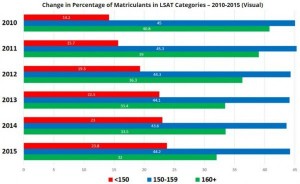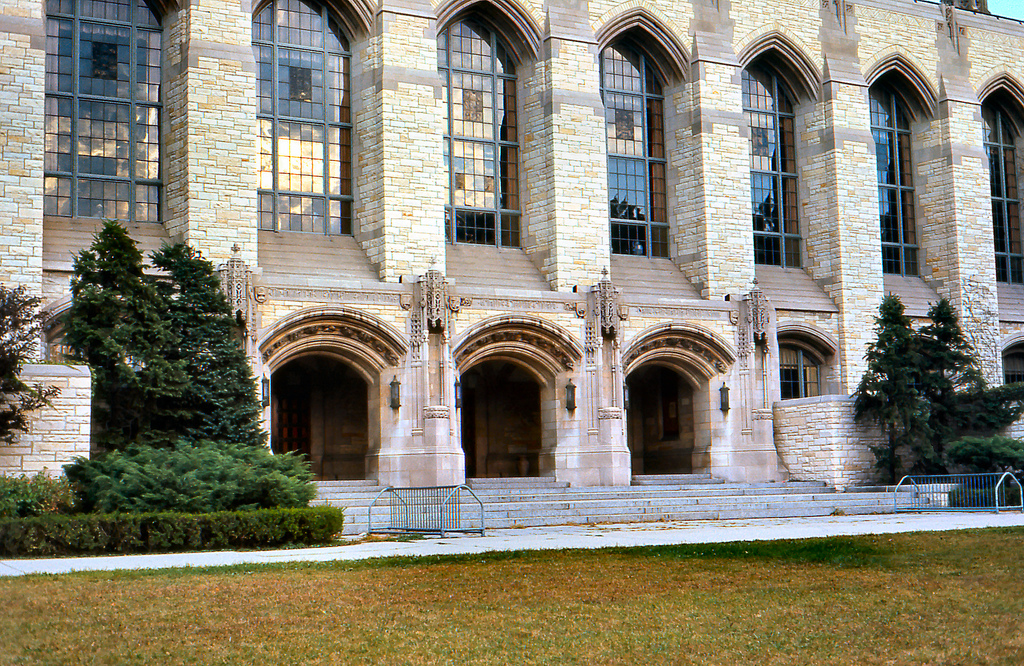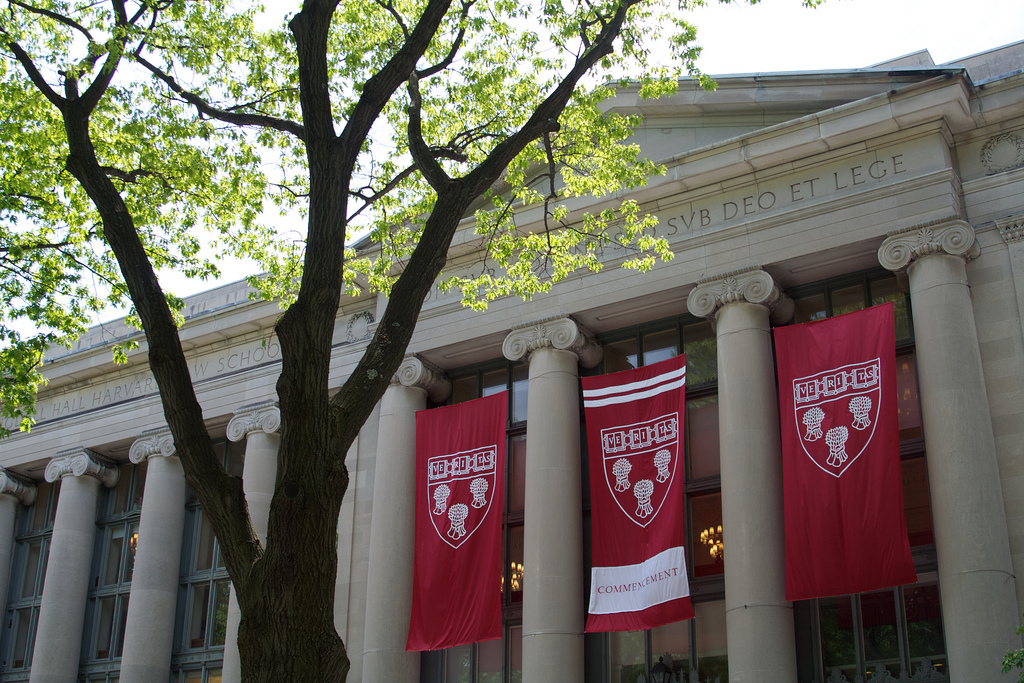A new study conducted by Michael Simcovic and Frank McIntyre available at the SSRN showed that humanities majors get a median $45,000 pay boost in annual earnings with a law degree. This is compared to a $29,000 boost for STEM majors- science, technology, engineering, or mathematics. These figures are derived from the Census Bureau data that identifies occupations and professional degree holders.
To estimate the group of law school graduates, the study authors looked at professional degree holders which excluded those who worked as medical professionals, accountants, teachers, education administrators, clergy and psychologists—fields where many people with professional degrees other than law degrees are likely to work.
When the study looked more closely at earnings for professional degree holders working only as lawyers, the median boost in annual earnings was $60,000 for humanities majors, $54,000 for social sciences majors, $49,000 for business majors, and $66,000 for STEM majors.
This study also took notice of the average annual income for specific majors among the professional degree holders. In the business category, economics majors holding JD’s make the most on average: about $187,000 a year. In the STEM category, electrical engineers make the most; about $166,000 a year. In the humanities category, history majors make about $151,000 and in the social sciences, political science majors make about $150,000.
Michael Simcovic is a law professor at Seton Hall University and Frank McIntyre is an economics and business professor at Rutgers University. These same professors published a controversial study finding that a law school graduate makes about $1 million more than an undergraduate college graduate.
When looking at the proportion of law degree holders, 48% have undergraduate degrees in humanities or social sciences. Only 18% were STEM majors. “Thus the majors that are disproportionately over-represented among law graduates—humanities and social sciences—are also the majors for whom the expected benefits of law school are the greatest,” the study says.
Article via ABA Journal, March 9, 2016
Photo: LAW749_20120518_0539 via Villanova Law [Creative Commons Attribution-NonCommercial-NoDerivs]





